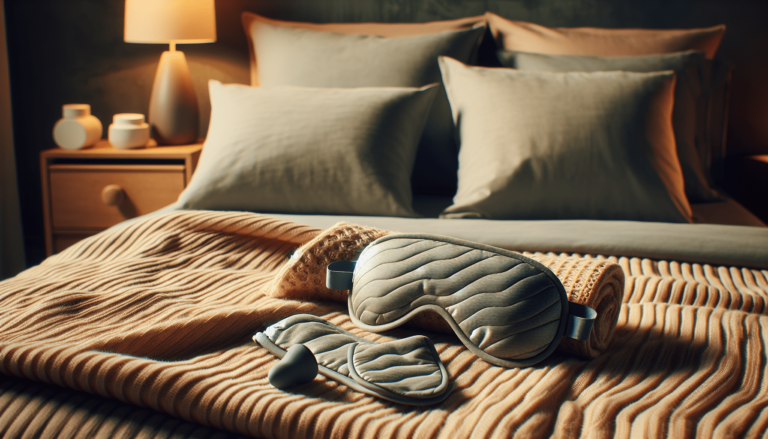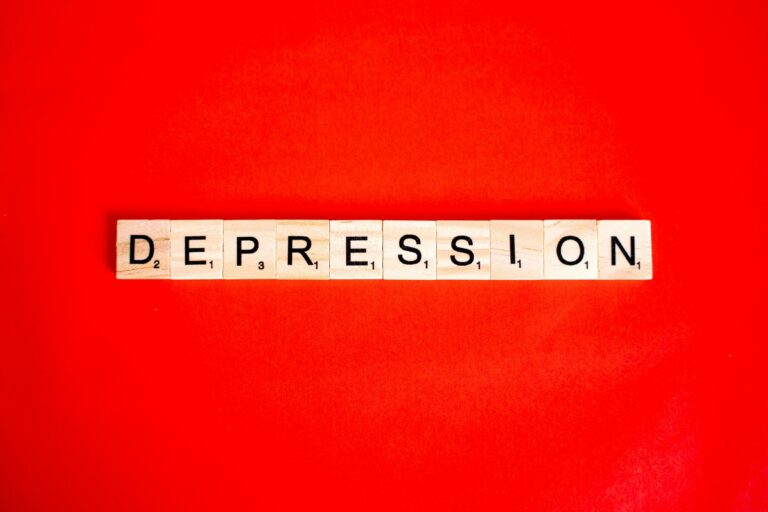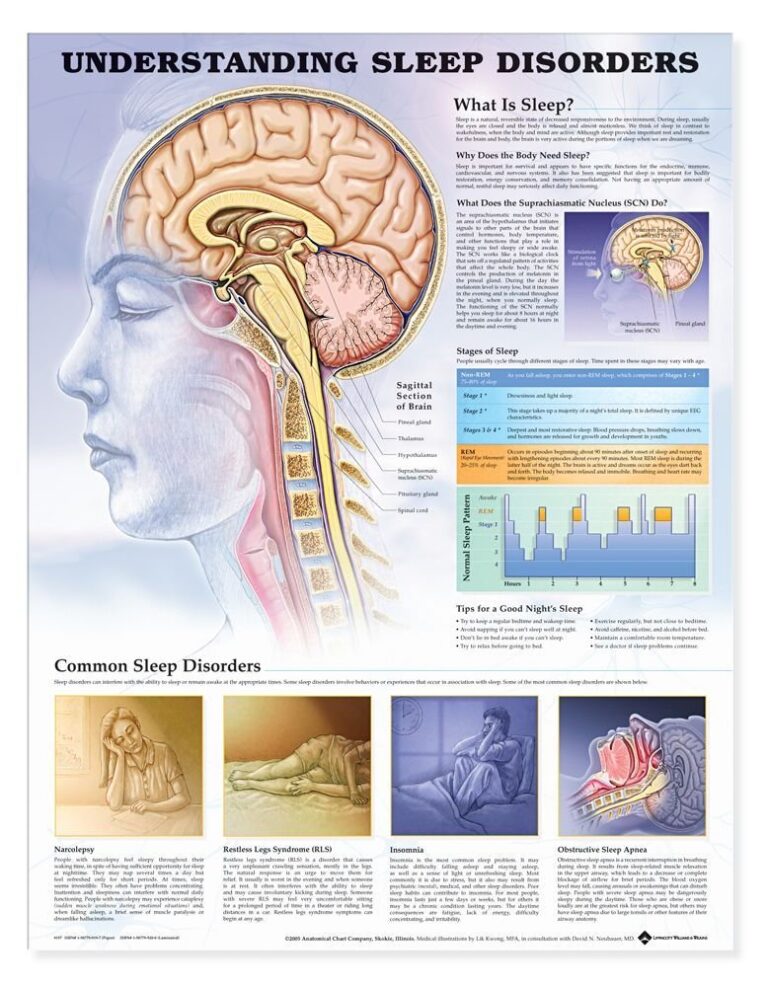Understanding Sleep Disorders: A Comprehensive Approach at Vector Sleep Clinic
At Vector Sleep Clinic, we understand the challenges that sleep disorders can have on your health and overall well-being. Conveniently located in the heart of Rego Park and easily accessible from all 5 burroughs, our clinic is committed to providing a comprehensive approach to understanding and treating sleep disorders. We know that the fast-paced nature of today’s world often leads to conditions such as insomnia and sleep apnea, which can have serious effects on your health and productivity. That’s why we offer licensed and insured services that are both reliable and trustworthy. By completing a sleep study with us, you can unlock the power of uninterrupted sleep and prevent potential risks such as heart attacks, strokes, high blood pressure, and even car accidents. At Vector Sleep Clinic, we’re dedicated to helping you achieve restful nights, where dreams meet rejuvenation.
Overview of Sleep Disorders
Sleep disorders are conditions that affect your ability to get restful and rejuvenating sleep. They can have a significant impact on your overall health and well-being. Understanding the different types of sleep disorders, their symptoms, and prevalence is essential for early detection and appropriate treatment.
Definition and Importance
Sleep disorders refer to a range of conditions that disrupt normal sleep patterns and prevent individuals from getting enough quality sleep. They can interfere with various aspects of life, including physical and mental health, daytime functioning, and overall quality of life. Recognizing and addressing sleep disorders is crucial as they can have severe consequences if left untreated.
Common Types of Sleep Disorders
There are numerous types of sleep disorders, each with its own set of symptoms and effects. Some common sleep disorders include insomnia, sleep apnea, restless leg syndrome, narcolepsy, and REM sleep behavior disorder. Each disorder presents unique challenges and requires specific treatment approaches.
Symptoms and Signs to Watch For
Sleep disorders can manifest in a variety of ways. Common symptoms include difficulty falling asleep, excessive daytime sleepiness, loud snoring, irregular breathing patterns during sleep, and frequent awakening during the night. It’s important to pay attention to these signs and seek medical evaluation if they persist.
Statistics on Prevalence and Impact
Sleep disorders are more common than you may think. According to research, approximately 50 to 70 million adults in the United States alone suffer from a sleep disorder. The impact of sleep disorders goes beyond restless nights; it can lead to serious health consequences such as cardiovascular disease, obesity, diabetes, and mental health issues. These statistics highlight the importance of addressing sleep disorders and seeking appropriate treatment.
Importance of Sleep for Health and Well-being
Sleep plays a crucial role in maintaining overall health and well-being. Adequate and restful sleep is essential for physical, mental, and emotional functioning. Understanding the impact of sleep on different aspects of your life can help you recognize the significance of addressing sleep disorders.
Impact of Sleep on Mental Health
Sleep and mental health are closely connected. Lack of quality sleep can contribute to the development or worsening of mental health conditions such as anxiety disorders, depression, and bipolar disorder. Conversely, improving sleep quality can have positive effects on mental health and overall well-being.
Relationship Between Sleep and Physical Health
Sleep is essential for physical health and healing. During sleep, the body repairs and rejuvenates itself. Chronic sleep deprivation can weaken the immune system, increase the risk of chronic medical conditions such as heart disease and diabetes, and negatively impact hormonal regulation. Prioritizing sleep can enhance overall physical health and contribute to disease prevention.
Sleep’s Role in Cognitive Functioning and Productivity
A good night’s sleep is vital for optimal cognitive functioning and productivity. Sleep enhances memory consolidation, learning, problem-solving abilities, and creativity. Lack of sleep, on the other hand, can lead to cognitive impairment, difficulty concentrating, irritability, and decreased performance at work or school. Prioritizing quality sleep can boost cognitive abilities and enhance overall productivity.
Understanding the Causes of Sleep Disorders
Sleep disorders can arise from various factors, including lifestyle and environmental influences, genetic predisposition, and psychological contributors. Understanding the causes can help in identifying potential risk factors and developing effective treatment approaches.
Lifestyle and Environmental Factors
Certain lifestyle choices and environmental factors can contribute to the development of sleep disorders. These may include irregular sleep schedules, excessive caffeine or alcohol consumption, high-stress levels, exposure to excessive noise or light during sleep, and an uncomfortable sleep environment. Identifying and addressing these factors can significantly improve sleep quality.
Genetic and Biological Causes
Genetics and biological factors can play a role in the development of sleep disorders. Some sleep disorders, such as narcolepsy and restless leg syndrome, have been found to have a genetic component. Understanding genetic predispositions can facilitate early detection and targeted treatment.
Psychological and Emotional Contributors
Psychological and emotional factors can impact sleep. Anxiety, depression, trauma, and stress can interfere with sleep patterns and contribute to the development of sleep disorders. Addressing underlying psychological and emotional issues is crucial for effective management of sleep disorders.
Comprehensive Diagnostic Approaches at Vector Sleep Clinic
At Vector Sleep Clinic, we provide comprehensive diagnostic approaches to identify and understand sleep disorders. Our goal is to assess each individual thoroughly and develop personalized treatment plans based on accurate diagnoses.
Initial Consultation and Assessment
The initial consultation at Vector Sleep Clinic involves a comprehensive evaluation of your sleep patterns, medical history, and symptoms. Our experienced healthcare professionals will listen to your concerns, ask detailed questions, and gather essential information to form a comprehensive understanding of your condition.
In-depth Sleep Studies and Analysis
Sleep studies, also known as polysomnography, are a critical tool for diagnosing sleep disorders. These studies involve monitoring various physiological functions during sleep, including brain wave activity, eye movements, heart rate, and breathing patterns. This comprehensive analysis provides valuable insights into your sleep architecture and any potential disruptions.
Use of State-of-the-Art Diagnostic Tools and Technologies
At Vector Sleep Clinic, we utilize state-of-the-art diagnostic tools and technologies to ensure accurate and detailed evaluations. Our advanced equipment allows for precise recordings and analysis of sleep patterns, ensuring that we gather the most accurate information to inform treatment decisions.
Treatment Options for Sleep Disorders
Effective treatment for sleep disorders varies depending on the specific condition and individual needs. At Vector Sleep Clinic, we offer a range of treatment options to address sleep disorders comprehensively.
Behavioral and Lifestyle Changes
Behavioral and lifestyle changes can have a significant impact on improving sleep quality. Our team at Vector Sleep Clinic will work closely with you to identify and modify behaviors and habits that may be contributing to your sleep disorder. This may include establishing a regular sleep schedule, creating a conducive sleep environment, minimizing caffeine intake, and implementing relaxation techniques before bedtime.
Medication and Supplements
In some cases, medication or supplements may be necessary to address specific sleep disorders. Our experienced medical team at Vector Sleep Clinic will carefully assess your condition and prescribe appropriate medications or supplements if needed. We prioritize the use of non-pharmacological interventions whenever possible to minimize potential side effects.
Therapeutic Interventions and Techniques
Therapeutic interventions and techniques can be effective in managing certain sleep disorders. These may include cognitive-behavioral therapy for insomnia, continuous positive airway pressure (CPAP) therapy for sleep apnea, and light therapy for circadian rhythm disorders. Our team at Vector Sleep Clinic will determine the most suitable therapeutic interventions for your specific condition.
Advanced Treatments and Surgical Options
For severe cases, advanced treatments and surgical options may be considered. Techniques such as upper airway surgery for sleep apnea or deep brain stimulation for certain movement disorders during sleep may be recommended. Our medical team will carefully evaluate your condition and provide appropriate recommendations for advanced treatments if necessary.
Why Choose Vector Sleep Clinic
When it comes to addressing sleep disorders, choosing the right healthcare provider is essential. Here are some reasons to consider Vector Sleep Clinic for your sleep disorder treatment.
Expertise and Experience of the Medical Team
Our medical team at Vector Sleep Clinic consists of dedicated experts in the field of sleep medicine. With their extensive knowledge and experience, they are equipped to provide accurate diagnoses and develop effective treatment plans tailored to each individual’s needs.
Comprehensive and Tailored Treatment Plans
We understand that each patient is unique and may require a different approach to treatment. At Vector Sleep Clinic, we develop comprehensive and tailored treatment plans that address the specific sleep disorder and individual needs. Our goal is to provide personalized care that maximizes the chances of successful outcomes.
Cutting-Edge Diagnostics and Care Facilities
At Vector Sleep Clinic, we prioritize the use of cutting-edge diagnostic tools and technologies. Our state-of-the-art facilities ensure accurate and detailed evaluations, enabling us to provide the highest quality care to our patients.
Success Stories and Patient Satisfaction
The success stories and high levels of patient satisfaction at Vector Sleep Clinic speak to our commitment to excellence in sleep disorder treatment. We take pride in helping our patients achieve restful sleep and improved overall well-being.
Patient Journey: From Diagnosis to Recovery
Understanding the patient journey from diagnosis to recovery can provide valuable insights into the process of managing sleep disorders. At Vector Sleep Clinic, we guide our patients through every step to ensure a smooth and successful treatment experience.
The Initial Consultation Experience
The initial consultation at Vector Sleep Clinic is an opportunity for us to get to know you and gather detailed information about your sleep patterns and concerns. We will discuss your medical history, symptoms, and any previous sleep-related evaluations you may have had. This comprehensive evaluation forms the foundation of your treatment plan.
Navigating the Sleep Study Process
If a sleep study is deemed necessary, our team will guide you through the process. We will explain the procedure, answer any questions or concerns you may have, and ensure your comfort and safety throughout the study. Our experienced technicians will monitor your sleep patterns and collect crucial data for accurate diagnosis and treatment planning.
Developing a Personalized Treatment Plan
Following the diagnosis, our team at Vector Sleep Clinic will develop a personalized treatment plan based on your specific condition, needs, and goals. We will explain the recommended treatments, potential benefits, and any necessary lifestyle modifications. This collaborative approach ensures that you are actively involved in your treatment journey.
Follow-up Care and Long-term Management
Sleep disorders often require long-term management and regular follow-up care. Our team at Vector Sleep Clinic will schedule follow-up appointments to monitor your progress, adjust treatment plans if necessary, and address any concerns or questions you may have. We are committed to providing ongoing support and guidance to ensure your continued well-being.
Living With a Sleep Disorder: Tips and Support
Living with a sleep disorder can be challenging, but there are strategies and resources available to help manage the condition and improve sleep quality.
Lifestyle Adjustments and Home Remedies
Making lifestyle adjustments can have a positive impact on sleep quality. Maintaining a consistent sleep schedule, creating a relaxing bedtime routine, prioritizing regular exercise, and creating a sleep-friendly environment can all contribute to better sleep. Home remedies such as herbal teas, relaxation techniques, and aromatherapy may also be beneficial.
Support Networks and Resources
Connecting with support networks and accessing relevant resources can provide valuable information and emotional support. Support groups, online forums, and educational materials can help individuals with sleep disorders share experiences, gain insights, and learn coping strategies. Vector Sleep Clinic can provide recommendations for resources in your community.
The Importance of Regular Follow-ups and Monitoring
Regular follow-ups and monitoring are essential for managing sleep disorders effectively. It allows for adjustments in treatment plans as needed and helps address any new concerns or challenges. Keeping track of sleep patterns and symptoms can assist in identifying patterns and triggers, enabling personalized treatment and improved sleep quality.
Research and Advances in Sleep Disorder Treatment
The field of sleep medicine is constantly evolving, with ongoing research focusing on improving diagnostic techniques, treatment options, and overall care for sleep disorders. Advancements in technology and therapies offer hope for better outcomes and enhanced quality of life for individuals with sleep disorders.
Emerging Therapies and Treatments
Researchers are continuously exploring emerging therapies and treatments for sleep disorders. This includes the development of novel medications, non-invasive interventions, and innovative technologies to manage and treat sleep disorders more effectively. Staying informed about these advancements can ensure individuals receive the most up-to-date and comprehensive care.
The Role of Technology in Diagnosing and Managing Sleep Disorders
Technological advancements have significantly improved the diagnosis and management of sleep disorders. Innovative tools and devices allow for more accurate tracking of sleep patterns, real-time monitoring of physiological parameters during sleep studies, and the development of personalized treatment plans. Embracing technology can lead to more precise diagnoses and tailored treatment approaches.
Future Directions in Sleep Medicine
The future of sleep medicine holds promise for further breakthroughs in understanding and managing sleep disorders. Ongoing research aims to unravel the complex neurobiological mechanisms underlying sleep disorders, paving the way for targeted interventions and more effective treatments. As the field progresses, individuals with sleep disorders can expect enhanced care and improved outcomes.
Preventing Sleep Disorders: Proactive Measures
While some sleep disorders may be difficult to prevent, there are proactive measures individuals can take to promote better sleep health and reduce the risk of developing sleep disorders.
The Importance of Sleep Hygiene
Sleep hygiene refers to the practices and habits that promote good sleep quality. This includes establishing a consistent sleep schedule, creating a relaxing bedtime routine, optimizing the sleep environment, avoiding stimulants before bed, and engaging in regular exercise. By prioritizing sleep hygiene, individuals can set the stage for restful and restorative sleep.
Diet and Exercise’s Role in Sleep Health
Maintaining a healthy diet and engaging in regular exercise can positively impact sleep. A balanced diet that includes adequate nutrients and limits caffeine and sugary foods can contribute to better sleep quality. Regular physical activity promotes overall health and can aid in regulating sleep patterns. By prioritizing both diet and exercise, individuals can improve their sleep health significantly.
Stress Management Techniques
Stress and anxiety can interfere with sleep quality. Practicing stress management techniques such as meditation, deep breathing exercises, and mindfulness can help alleviate stress and promote relaxation before bedtime. It’s important to find healthy coping mechanisms for stress to ensure better sleep and overall well-being.
In conclusion, sleep disorders can have a profound impact on health and well-being. Recognizing the signs and symptoms, understanding the causes, and seeking comprehensive diagnostic and treatment approaches is crucial. Vector Sleep Clinic offers expertise, cutting-edge care facilities, and personalized treatment plans to help individuals overcome sleep disorders and achieve restful, rejuvenating sleep. By prioritizing sleep and implementing proactive measures, individuals can improve their sleep health and overall quality of life.






